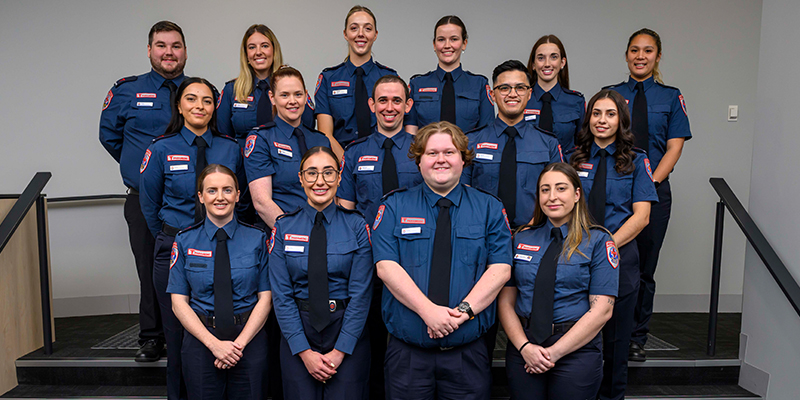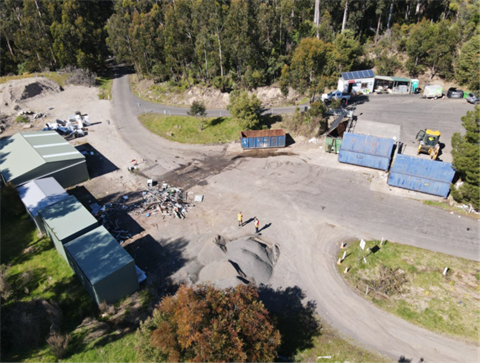- Fourth round of global plastics treaty negotiations finished yesterday, with final round starting in November in Busan, Korea
- AMCS Plastics Campaign Manager Cip Hamilton attended treaty negotiations in Ottawa, Canada, this past week
The fourth round of negotiations for a global plastics treaty ended disappointingly, with negotiators not agreeing to work on capping plastic production ahead of the final round of negotiations, the Australian Marine Conservation Society said following the talks in Ottawa, Canada, which wrapped up after going long into the night.
There will be some work however on concerning chemicals in plastic products and recyclability before the fifth and last round of negotiations start in November in Busan, Korea.
There was a glimmer of hope with two countries, Rwanda and Peru, putting forward a proposal to cut plastic production by 40% by 2040, compared with 2025 levels. Global plastic production has soared from 2 million tonnes in 1950 to 348 million tonnes in 2017, and is expected to double by 2040 if nothing is done.
AMCS Plastics Campaign Manager Cip Hamilton, who attended the fourth Intergovernmental Negotiating Committee (INC-4) meeting in Ottawa, said: “This week we made some progress on the treaty text, but much more work is still needed.
“It’s disappointing that countries could not come to an agreement on the biggest issue, the need to cap plastic production, or even attempt working on this before the fifth and final round of negotiations in November.
“We don’t have time to waste, we know plastic pollution is in lockstep with plastic production.
“An ambitious treaty that reduces production and consumption of needless plastics is critical for the health of our oceans. An estimated 11 million tonnes of plastic waste enters our oceans every year, and that figure is expected to triple by 2040 if we do not take action.
“Australia’s reliance on plastic packaging is increasing, and our once pristine beaches are becoming a dumping ground for plastics. A turtle has a 22% chance of dying if it eats just one piece of plastic.
“Australia has played an important role in these negotiations, pushing for a comprehensive treaty with bans on the most polluting products and chemicals, but we need all countries on board to stop this global crisis.
“We need a robust, ambitious and enforceable global treaty to end plastic pollution.”






